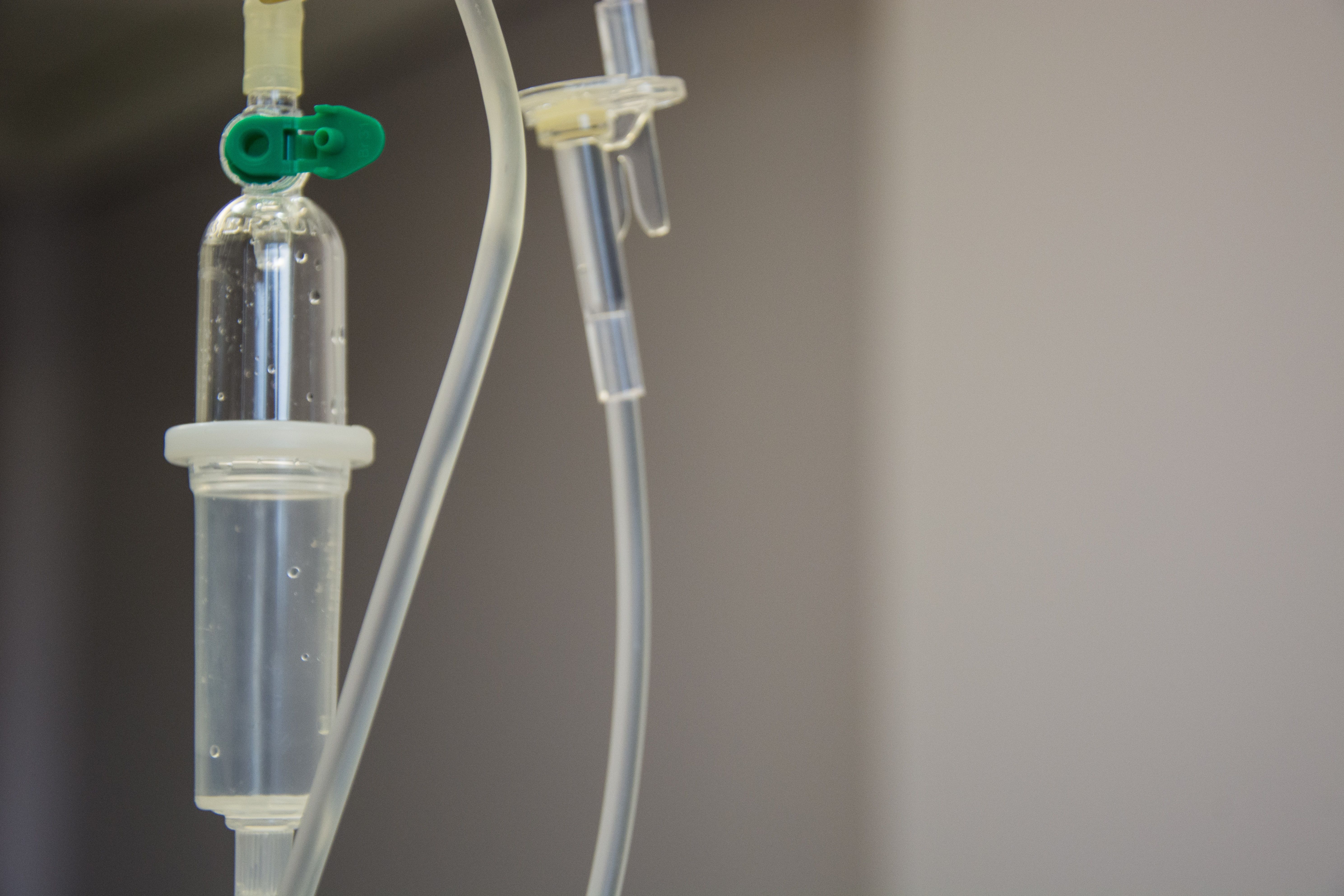
A new study showed that patients hospitalized for acute COVID-19 infection, and were treated with remdesivir (Veklury, Gilead), experienced a reduced risk of symptoms related to post-acute Sequelae of SARS-CoV-2 (PASC) or Long COVID. According to the investigators, the positive effect tended to be stronger in the younger age group.
“RDV treatment during the first 2 days of hospitalization (vs no RDV treatment during the first 2 days of hospitalization) was associated with lower relative hazards for any PCC symptom/ diagnosis in patients aged <65 years (HR, 0.90 [95% CI, 0.86-0.93];) and in patients aged ≥65 years (HR, 0.90 [95% CI, 0.86-0.95],” the investigators wrote.
This new data was reported at this week’s ongoing Conference on Retroviruses and Opportunistic Infections (CROI) in Denver, CO.
Remdesivir is an intravenous antiviral, and was FDA approved for the treatment of COVID-19 in nonhospitalized patients at high risk of progression to severe disease and in hospitalized patients.
Study Methods
Investigators performed a retrospective cohort study with information from HealthVerity database. Study participants included individuals 12 years of age and older who were hospitalized for COVID-19 for 2 days or more during a study period between May 1, 2020, and September 30, 2021. Remdesivir exposure was measured on day 1 or 2 of hospitalization, and symptoms and diagnoses associated with Long COVID occurred 90 to 270 days post hospitalization.
Long COVD is characterized by a myriad of symptoms, and for the purposes of this study, they included:
- Cognitive dysfunction
- Cerebrovascular disease
- Neuropsychiatric features
- Diarrhea
- Thromboembolic disease
- Chest pain
- Ischemic heart disease
- Headache
- Dysautonomia
- Fatigue
- Smell disturbance/anosmia
- Muscle pain/myalgia
- Taste disturbance/ dysgeusia/ageusia
- Dyspnea/breathlessness
- Joint pain/arthralgia
- Cough
Takeaways
Remdesivir treatment was also associated with a reduced risk of several of the individual symptoms/diagnoses.
“RDV was associated with lower hazards for 8/16 individual possible PCC-related symptoms/ diagnoses in the <65 years age group and 6/16 individual possible PCC-related symptoms/diagnoses in the ≥65 years age group,” the investigators wrote.
As Long COVID continues to remain a mystery in terms of its pathophysiology and duration, prevention modalities are significant opportunities to reduce its incidence rates and severity.
Reference
Berry M, Kong A, Paredes R et al. Effect of Remdesivir on Post-COVID Conditions Among Individuals Hospitalized With COVID-19 by Age. More PCC-related symptoms and diagnoses were impacted by RDV treatment, and the effect size tended to be stronger, in the younger age group. Abstract was presented at CROI 2024. March 3-6, 2023. Denver, CO.